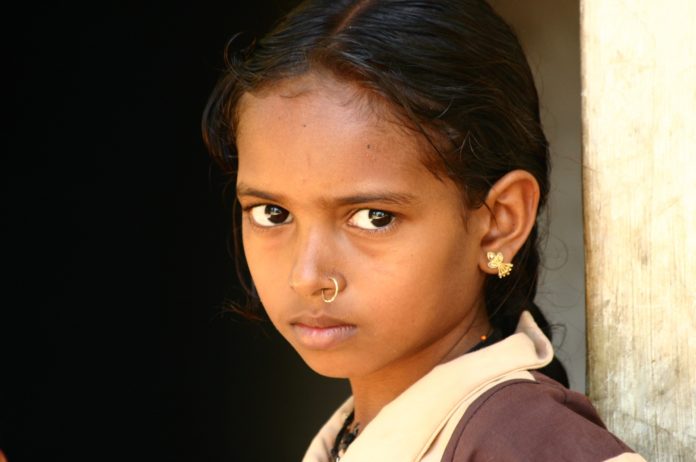The chances that a girl child would live past her fifth birthday are the least in Bihar – shows government data – followed by Haryana and Kerala.
An analysis of the recently released Sample Registration System (SRS) data shows that though the gender gap in child survival is going down, there are wide disparities between states. The maximum gender gap in survival of under-five for the female child is in Bihar (46% higher mortality for female child), followed by Haryana (23%), Kerala (20%), Assam and Karnataka (19%) and Rajasthan (17%). In the country as a whole though, the gender difference in male and female under five mortality rates have now reduced from 17% in 2014 to 11%. The current under-five mortality for male child is 37 per 1000, while for female child is 41 per 1000 live births.
Four states – Madhya Pradesh, Chattisgarh, Gujarat and Tamil Nadu – have reversed the gender gap for under-five survival. In five states – Telangana, West Bengal, Odisha, Punjab, Delhi – the gap is less than 5%.
The SRS data also shows that the neonatal mortality – that is child deaths within first four weeks of birth – has reduced by just 1 point from 25 per 1000 live births to 24 per 1000. In percentage terms, between 2013 and 2016, NMR of the country declined by 14% with maximum decline being in J&K (38%), Himachal Pradesh (36%),Delhi (25%), Maharashtra (24%), Tamil Nadu (20%) , Gujarat, West Bengal and Jharkhand (19%). Least decline in NMR during 2013- 2016 was in Kerala (0%) and Bihar (4%) and Uttarakhand has shown a 15% increase during this period.
Progress on NMR may have been less than satisfactory but the good news is that the country has registered a 4 point decline in under five mortality from 43 deaths per 1000 live births in 2015 to 39 in 2016. That is a 9% decline. The number of under-five child deaths have, for the first time breached the 1 million mark with nearly 120,000 fewer under-five deaths in 2016 as compared to 2015.
Talking about the decline in under-5 mortality, health minister J P Nadda said: “The results signify that the strategic approach of the Government is yielding dividends and the efforts of focusing on low performing states is paying off. With the current rate of decline of U5MR, India is on track to meet the SDG target for under-five child mortality of 25 by 2030. Under the visionary leadership and guidance of the Prime Minister Shri Narendra Modiji, the government is committed to advancing the agenda of Universal Health Coverage in the country and initiatives like Mission Indradhanush and Intensified Mission Indradhanush, with their focused approach, are significantly turning the tide in favour of India.”
The states with highest under-five mortality rates meanwhile continue to be MP (55 per 1000 live births) and Assam (52 per 1000 live birth) in-spite of substantial progress this year (Assam 10 points decline, MP 7 points decline). In absolute numbers highest under-five deaths were in UP (246,000) followed by Bihar (120,000) , MP (100,000) and Rajasthan (75,000). These four states account for 56 % of under-five deaths in India.
Most states have showed good progress in reduction of under- five mortality from the previous year, except Chattisgarh, Delhi and Uttarakhand which have shown a slight increase over the previous year and Telangana which has shown no change in 2016.
Infant deaths in India account for 11% share of the total deaths across all age groups. This is significantly higher in Bihar, Rajasthan, UP and MP where this share ranges from 16 to 17%, while share of infant to all age group deaths is only 2% in Kerala, 4% in Tamil Nadu, 5% in Maharashtra and 6.6% in West Bengal.


